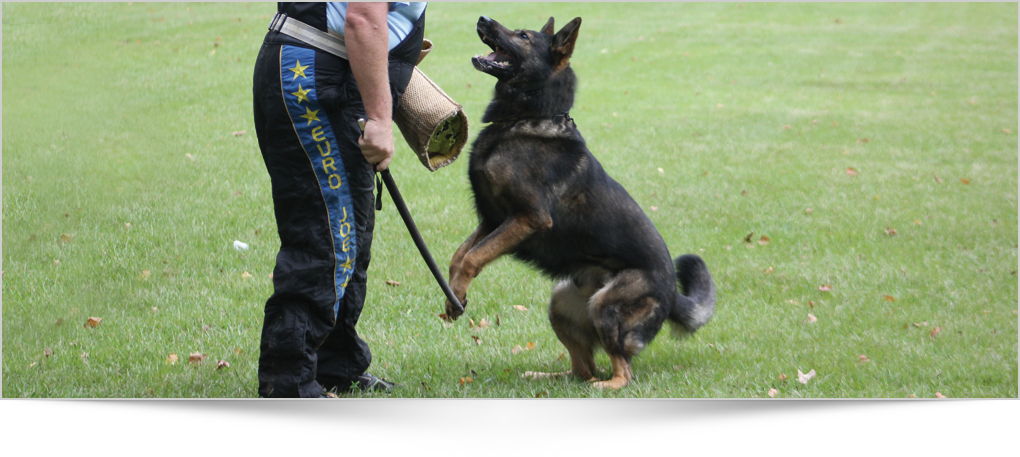FAQ's

What is RAW Feeding all about?
RAW Feeding refers to a type of diet fed to dogs which totally excludes all commercial dog foods.
Why is commercial dog food not good for my dog?
There are a range of problems with commercial dog foods, but in summary:
- A dog's food should never be cooked. It should be fed in a raw natural state like nature intended. Cooking a dog's food ruins most of the nutritional value.
- Dogs should have access to raw meaty bones. These clean their teeth, work and develop their neck and jaw muscles, and the chewing action prepares their stomach for the incoming food mass. Chewing bones also slows down the eating process considerably, making it far harder for a dog to over eat.
- Commercial dog foods have as their main ingredient cereals - the main ingredient your dog should be eating is raw meaty bones. And it is these very cereals that cause a range of problems such as allergies.
- Commercial dog foods are laden with preservatives, colors (dyes), and salt. They have additives to make the food taste better so that the dogs will overeat.
- The vast majority of commercial dog foods have far too much carbohydrates in them. High levels of carbohydrates are linked to over-eating, diabetes, weight gain, and numerous other problems. Dogs should eat a diet with only a small amount of carbs.
- and most scarey of all: your vet is most probably recommending a commercial diet because of financial inducements and a lack of independent learning.
How will I know how much to feed my dog?
You feed your dog based on their energy requirements. It will differ for how much work your dog does, and what their metabolism is like.
The general guideline is 2% to 3% of your dog's ideal adult weight. This is only a starting point .
How should I start? Should I switch my dog gradually to a raw diet?
Most dogs do best with being switched cold-turkey. Feed kibble one day, feed raw the next day. Kibble is an unnatural food for a carnivore. It takes your dog much longer to digest kibble than it will to digest raw. If you try to alternate between the two the raw food can get "stuck in traffic" behind the kibble. This can cause the raw food to pass more slowly through the system than it should which can cause problems for some dogs.
I just offered my dog a raw meal and he/she is looking at me like I've grown a second head. What should I do?
There are a few possibilities. First there are additives to kibble to make it addictive to dogs. Raw food won't have as strong a smell, so your dog may not realize that what you've put in front of him/her is actually food. Sometimes tuff love is required to convince them otherwise. Give your dog 10 to 15 minutes. If he/she is showing no interest in the food casually take it up and put it in the fridge for next meal time. DO NOT offer anything else until next meal time. At the next meal time offer the SAME thing that was refused at the previous meal and repeat the process. Some dogs have been known to hold out two or three days, or longer, before they decide to accept raw food. Believe me this is tougher on the human than on the dog. I know you will be tempted to give your dog a snack. Resist the temptation for your dog's sake. A healthy dog will not starve himself/herself.
There are some medical reasons why your dog may not want to eat what you're offering. Periodontal disease is quite common in kibble fed dogs. If your dog's mouth is in bad shape and causing him/her pain he/she may be reluctant to eat RMBs(Raw Meaty Bones). If you suspect that there might be a medical reason why your dog is reluctant to eat you should have him/her checked out by a vet.
Must I feed my dogs RMB's?
RMB is an abbreviation for raw meaty bone. Raw meaty bones are soft enough for your dog to chew and eat completely. RMBs are the foundation of the raw diet. It is natural for dogs to eat bones. A dog is designed to use bones as its main source of minerals - including calcium and phosphorus. Our pets' bodies have been doing this for millions of years. Your pet will not suffer mineral deficiencies, imbalances or excesses, when raw meaty bones make up the bulk of its diet. This applies to all ages, and all breeds, including puppies. This is because bones are the storehouse of all the minerals your pet requires in perfect balance, and in the perfect form for optimal absorption.
RMB's will help keep your dogs teeth clean as well as develop strong muscles in a dog jaws and neck from all the chewing.
I forgot to thaw out my dog's next meal, can I feed it frozen?
I would try to gently thaw it by running some cool water over it a bit, but I have fed frozen food many times.
Do not thaw your dog's food in the microwave! It will start to cook and change the structure of the bones and damage the enzymes in the meat.
I left my dog's raw food out of the fridge too long and it smells bad! Is it safe to feed it or should I throw it away?
My dogs don't have problems eating some pretty ripe stuff. I am not sure I would feed spoiled meat to my dogs but if it's a bit stinky and 'off' I will still let the dogs munch on it. The riper, the better in their book!
I would not feed even slightly gamy or nasty smelling meat to a pup or dog with a medical issue or compromised immune system.
If you worry about things like that then just throw it away. No sense taking chances !
What about bacteria in raw foods?
The presence of bacteria in raw food often worries pet owners and vets. They assume these bacteria will make pets sick. However, dogs, being scavengers, have evolved to eat and thrive on bacteria laden food, requiring them for immune system maturity. Wild dogs eat the gut contents of their prey, and the feces of many different animals. They eat soil, contaminated meat, buried bones, infected meat and so on. These are all a source of microbes and any toxins they might produce. That is why the bacteria in raw meat are of little to no consequence to ninety-nine plus percent of dogs. This does not mean we recommend bacteria laden food for our pets. What it does mean is that pets that have eaten commercial pet food for most of their life are safe eating raw food from clean sources.


